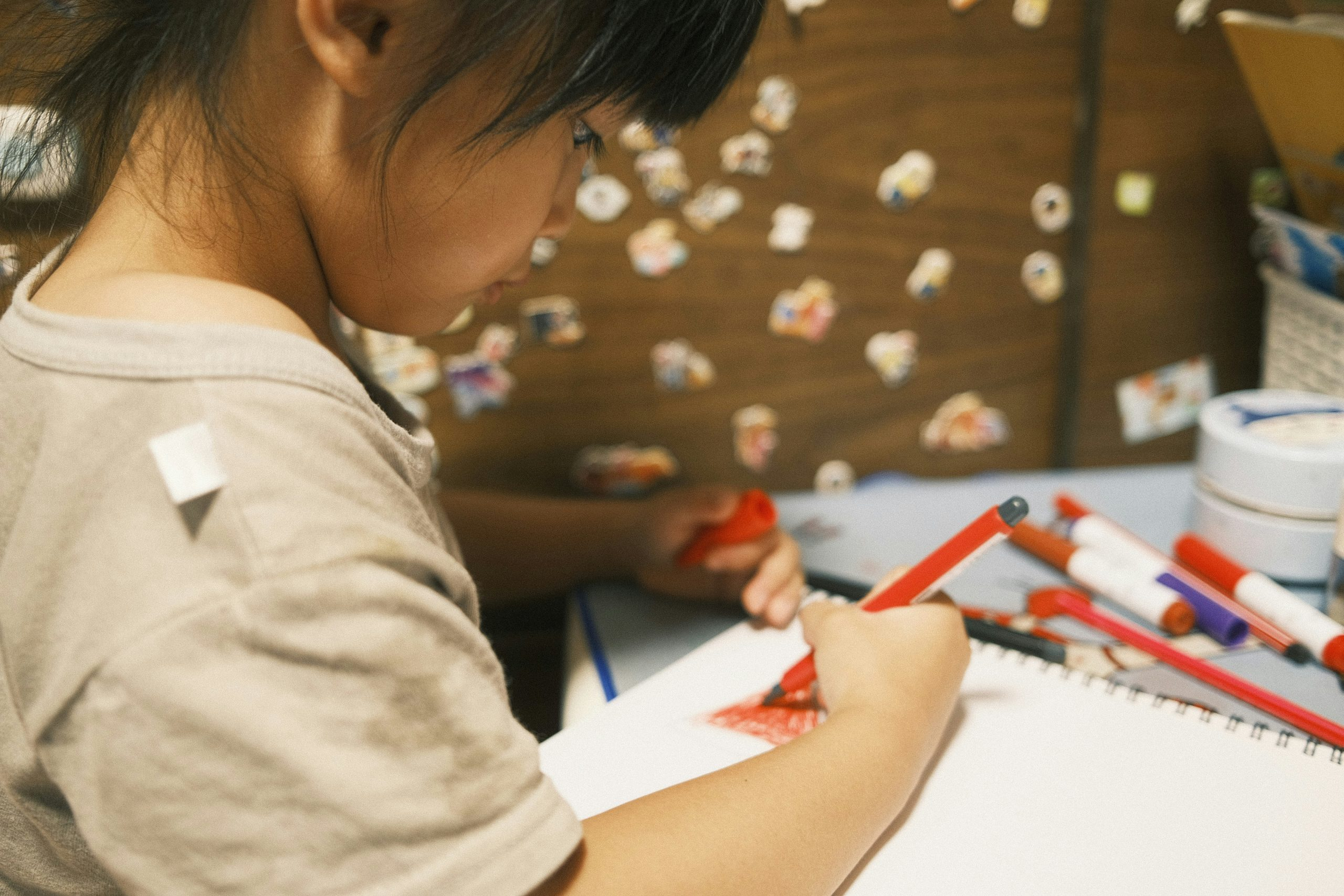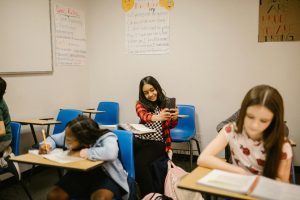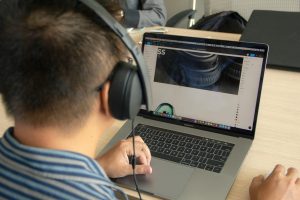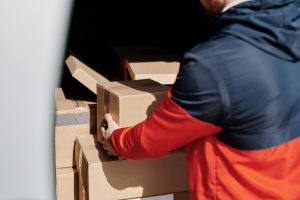Transforming Homework Into Meaningful Learning Experiences
Homework has long been a staple of the education system, with students often spending hours each night completing assignments in various subjects. However, many students view homework as a tedious and time-consuming task, lacking meaningful learning experiences. This traditional approach to homework has brought forth many debates, with some arguing that it helps students develop discipline and responsibility, while others believe it adds unnecessary stress and takes away from valuable family and social time. As the education landscape continues to evolve, educators are now looking at ways to transform homework into meaningful learning experiences that not only reinforce classroom learning but also promote individual growth and creativity.
The Flaws of Traditional Homework
As the name suggests, traditional homework is focused on practice and repetition. Students are given tasks to complete at home that mirror what was taught in the classroom. While this may help reinforce knowledge and skills, it often lacks the element of critical thinking and creativity. In addition, homework can become overwhelming for students, especially those with a heavy workload or extracurricular commitments. This can lead to feelings of frustration and a lack of motivation to engage in learning outside of the classroom. Moreover, since students are expected to complete homework independently, it can become a barrier for those who struggle with understanding the material, further widening the achievement gap.
The Shift towards Meaningful Learning Experiences
Fortunately, there has been a shift towards redefining homework as a means to enhance learning rather than a mere task to complete. Meaningful learning experiences involve activities that promote critical thinking, problem-solving, and creativity. With this approach, homework is no longer seen as a standalone practice, but rather an extension of classroom learning that adds depth and relevance. This not only makes homework more engaging for students, but it also allows them to connect classroom concepts to real-world applications.
Engaging Homework Strategies
One way to transform homework into meaningful learning experiences is to provide students with choices. This not only gives them a sense of autonomy but also allows them to explore their interests and passions. For example, instead of assigning a standard worksheet, students can be given the option to create a presentation, write a short story, or conduct a hands-on experiment. This helps break the monotony of traditional homework and encourages creativity and critical thinking.
Another strategy is to incorporate collaborative activities into homework assignments. This not only promotes teamwork and communication skills but also allows students to learn from each other. For instance, students can be tasked with creating a group project, with each member responsible for a different aspect. This encourages students to not only complete their own work but also support and learn from their peers.
Benefits for Students
Transforming homework into meaningful learning experiences has numerous benefits for students. It promotes self-directed learning, as students are encouraged to explore their interests and take control of their education. It also allows for a more well-rounded approach to learning, as students are exposed to a variety of tasks and challenges. Moreover, homework becomes more enjoyable and less of a burden, leading to increased motivation and engagement.
In Conclusion
Transforming homework into meaningful learning experiences requires a shift in mindset from both educators and students. This approach recognizes that homework can be more than just a practice task, but rather a platform for promoting independent thinking and creativity. By incorporating engaging strategies and providing students with choices, homework becomes a valuable tool for reinforcing classroom learning and fostering individual growth and development. It is time for homework to evolve into something more meaningful and beneficial for students, and it all starts with a simple shift in perspective.










